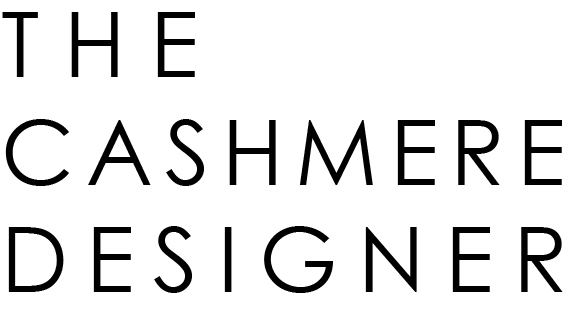
Recently, I asked on LinkedIn and Instagram what people would like to read in this newsletter and the answer came back definitively: tips on marketing sustainable cashmere.
So I sat down and I started writing this …
And then I stopped.
The truth is, it has become so hard to know what to say about sustainability that I felt unsure of what to say. As the fashion industry becomes more e conscious and consumers grow increasingly savvy, walking the line between promoting your brand and greenwashing has become more and more difficult to navigate.
The statistics speak for themselves; Google searches related to sustainable products surged by around 130% between 2017 and 2022. Producing products more responsibly is not a “nice to have”, it is table stakes in 2024. However, the introduction of legislation around the world to counteract greenwashing has led to a phenomenon of “green-hushing” where companies under-report or hide their sustainability credentials to avoid scrutiny. This is a backwards step, failure to communicate our sustainability journey might inadvertently roll back the progress we’ve made.
So, how do we authentically talk to our customers about sustainability without falling into the trap of greenwashing?
1. Acknowledge progress and imperfection. Talking about sustainability in a nuanced way, knowing that you are not perfect and being honest with your customers is, I think the first step to not greenwashing. Pick one or two things that you can control for your brand- is your cashmere going to be SFA-approved or recycled? Have you thought about circularity? If you can make it personal and relatable, this helps consumers connect with your brand on an emotional level.
2. Inform your customers about how to take care of their clothes, and what is inside them. Help them to fall in love with them so that they will wear them and take care of them for years. Small brands can’t compete easily on price but they can compete on personal story and beautiful design. Natural fibres can be celebrated, especially knitwear for their compostable ability like the photo above!
3. Show your receipts. Substantiate everything. Certifications are, unfortunately, not the easy answer to this. Of course if your factory as it, it increases validation and a great symbol to add to your website. But many factories cannot afford certifications but are still producing sustainably, so talk about this and show this. Explain why you’ve chosen to focus on what you have, set targets and hold yourself accountable but admit when you’ve fallen short. Transparency is a powerful tool in humanizing your brand.
So I hope that helps to give some pointers on how you might want to market your responsible choices as you set up and promote your brand.
